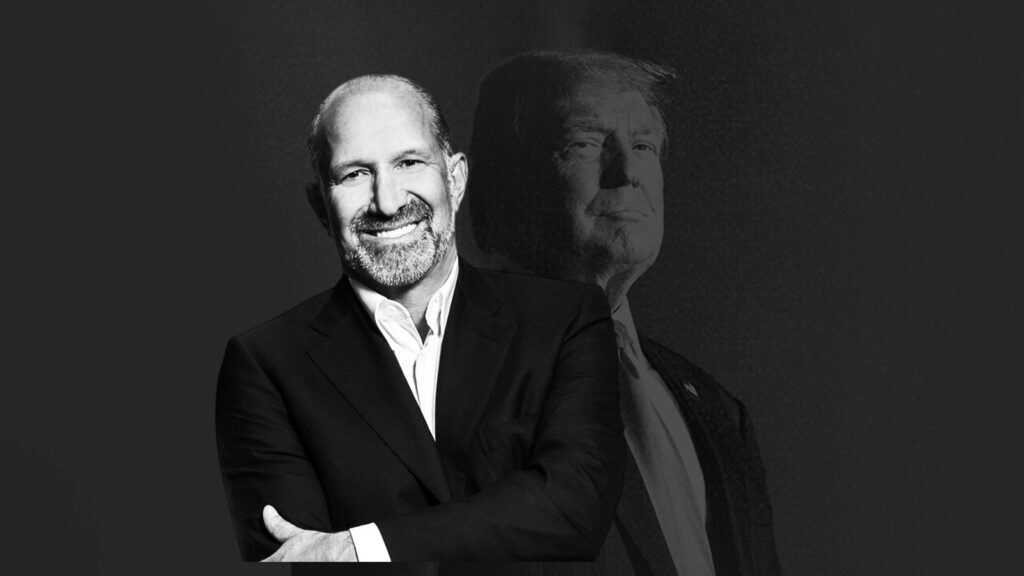Donald Trump has chosen Howard Lutnick, one of his most prominent fundraisers, to serve as the next commerce secretary.
Lutnick, the billionaire founder of financial services giant Cantor Fitzgerald, has been tapped to play a significant role in shaping Trump’s policies on commerce and global trade.
In his announcement, Trump stated that Lutnick would spearhead the administration’s “Tariff and Trade agenda” and oversee the Office of the United States Trade Representative, responsible for negotiating trade agreements.
The appointment positions Lutnick to drive Trump’s controversial plan for steep universal tariffs on foreign imports. While critics argue such tariffs could raise costs for American consumers, Lutnick and other supporters insist they will bolster the U.S. economy.
There had been speculation that Lutnick might be nominated for treasury secretary, a role backed by high-profile Trump supporter Elon Musk. However, Scott Bessent, an investor and hedge fund manager, was considered a stronger contender for the treasury position. Musk, on social media, expressed his preference for Lutnick, calling him an agent of change compared to Bessent’s “business-as-usual” approach.
As a co-chair of Trump’s transition team, Lutnick has been an advocate for policies like the expansion of tariffs and the deregulation of cryptocurrencies. He has long been a supporter of Trump’s economic vision.
Trump praised Lutnick as a “dynamic force on Wall Street,” noting their relationship spans decades. A fiscal conservative and social liberal, Lutnick has historically donated to Democrats but recently distanced himself from the party, citing its shift away from his values.
Lutnick’s company, Cantor Fitzgerald, suffered devastating losses during the September 11, 2001, terrorist attacks, losing 658 employees. He rebuilt the firm into a powerhouse, now employing 13,000 people—significantly more than the 2,000 it employed before the tragedy.
Questions remain about how Lutnick will handle potential conflicts of interest between his substantial business empire and his new government responsibilities.
In a recent rally at Madison Square Garden, Lutnick reflected on what he considers America’s peak economic period: 1900. “At the turn of the century, we were thriving,” he remarked. “No income tax, just tariffs.” His remarks offered insight into the economic philosophy he may bring to the role of commerce secretary.



